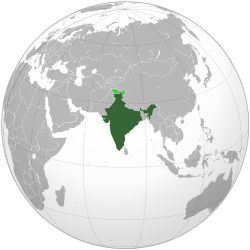THREATS OF COMMUNAL WRITING - BEWARE

Mukesh Devrari What is communal writing? It includes a style of writing, which tends to create rift among different communities. It also promotes and preaches hatred. It encourages communities to indulge in violence against each other. It draws a picture as if communities are pitted against each other and always vying to establish hegemony over each other. In a country like India, communal writing can lead to rioting, loss of life and property. India has seen many communal conflagrations. In 1984 riots many Sikhs were killed by the supporters of congress party after Prime Minister Indira Gandhi was murdered by her Sikh bodyguards. In the ensuing riots after the demolition of controversial Babri Mosque in 1992thousands of Hindus and Muslims killed each other brutally. In 2002 Gujrat riots many Muslims were killed in Gujrat with the connivance of state government led by Narendra Modi. Communal writing is an immoral thing, but at times even debate around the social noti



